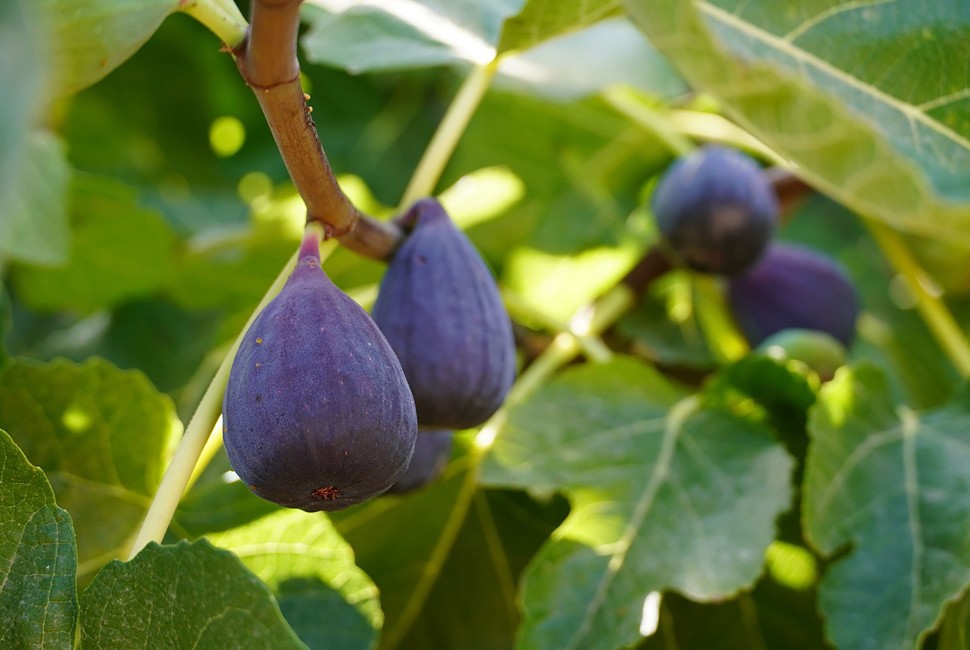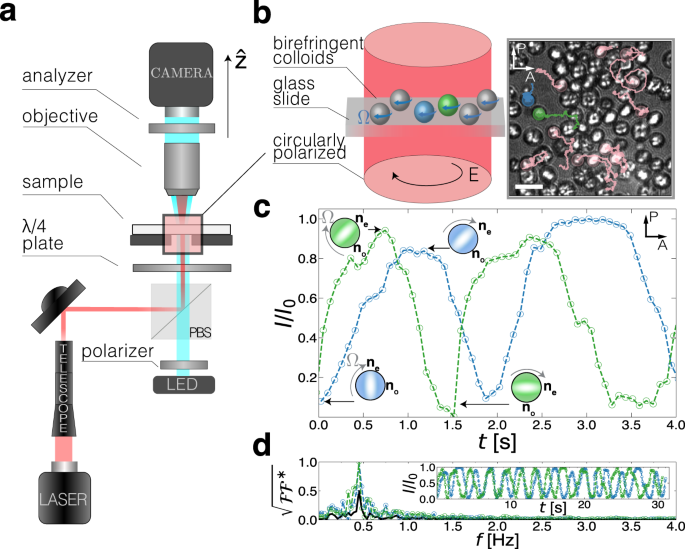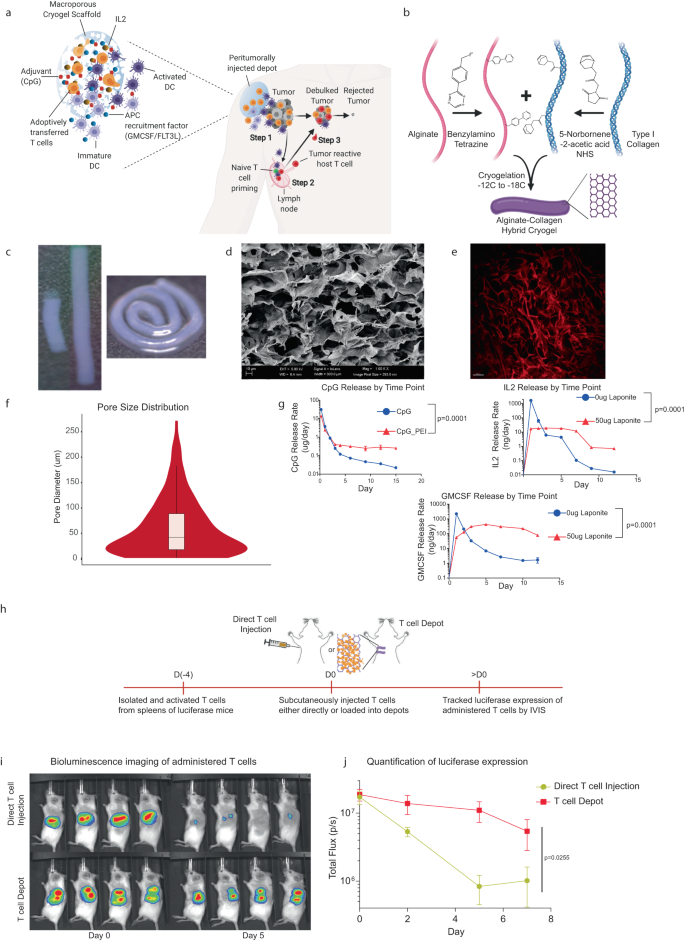2023-07-13 ノースウェスタン大学

◆以前の研究では、イチジクの多様性は遺伝子の共有によって生じたと考えられていましたが、新たな研究では遺伝子の共有はほとんど関与していないことが示されました。また、イチジクの進化は系統内での安定した進化であり、種間の遺伝子共有はごく稀な例に限られているという結果も明らかになりました。これにより、イチジクの進化の理解が深まりました。
<関連情報>
- https://news.northwestern.edu/stories/2023/07/unraveling-the-tangled-evolution-of-figs/
- https://www.pnas.org/doi/10.1073/pnas.2222035120
イチジクの進化における安定したゲノム系統には、古代の導入のエコーが刻まれている。 Echoes of ancient introgression punctuate stable genomic lineages in the evolution of figs
Elliot M. Gardner , Sam Bruun-Lund , Matti Niissalo , Bhanumas Chantarasuwan, Wendy L. Clement, Connie Geri, Rhett D. Harrison , Andrew L. Hipp , Maxime Holvoet, Gillian Khew, Finn Kjellberg , Shuai Liao, Leandro Cardoso Pederneiras, Yan-Qiong Peng , Joan T. Pereira, Quentin Phillipps , Aida Shafreena Ahmad Puad , Jean-Yves Rasplus , Julia Sang, Sverre Juul Schou , Elango Velautham , George D. Weiblen , Nyree J. C. Zerega , Qian Zhang , Zhen Zhang, Christopher Baraloto, and Nina Rønsted
Proceedings of the National Academy of Sciences Published:July 3, 2023
DOI:https://doi.org/10.1073/pnas.2222035120
Significance
Understanding the processes responsible for the striking plant diversity found in tropical forests has been a constant preoccupation of ecology and evolutionary biology. Recent studies have proposed a role for introgressive gene flow. To test the prevalence of introgression in a high-diversity clade of trees with a specialized pollination system, we built a global phylogenomic framework of figs (Ficus), a keystone species across tropical forests and partners in a celebrated pollination mutualism. Our results based on 1,858 genes for 520 species of figs and relatives found limited introgression in the nuclear genome despite widespread cytoplasm transfer, consistent with phylogenetically stable lineages despite occasional hybridization. A well-resolved phylogenomic framework for figs provides an important tool for classification and comparative evolutionary studies.
Abstract
Studies investigating the evolution of flowering plants have long focused on isolating mechanisms such as pollinator specificity. Some recent studies have proposed a role for introgressive hybridization between species, recognizing that isolating processes such as pollinator specialization may not be complete barriers to hybridization. Occasional hybridization may therefore lead to distinct yet reproductively connected lineages. We investigate the balance between introgression and reproductive isolation in a diverse clade using a densely sampled phylogenomic study of fig trees (Ficus, Moraceae). Codiversification with specialized pollinating wasps (Agaonidae) is recognized as a major engine of fig diversity, leading to about 850 species. Nevertheless, some studies have focused on the importance of hybridization in Ficus, highlighting the consequences of pollinator sharing. Here, we employ dense taxon sampling (520 species) throughout Moraceae and 1,751 loci to investigate phylogenetic relationships and the prevalence of introgression among species throughout the history of Ficus. We present a well-resolved phylogenomic backbone for Ficus, providing a solid foundation for an updated classification. Our results paint a picture of phylogenetically stable evolution within lineages punctuated by occasional local introgression events likely mediated by local pollinator sharing, illustrated by clear cases of cytoplasmic introgression that have been nearly drowned out of the nuclear genome through subsequent lineage fidelity. The phylogenetic history of figs thus highlights that while hybridization is an important process in plant evolution, the mere ability of species to hybridize locally does not necessarily translate into ongoing introgression between distant lineages, particularly in the presence of obligate plant–pollinator relationships.


